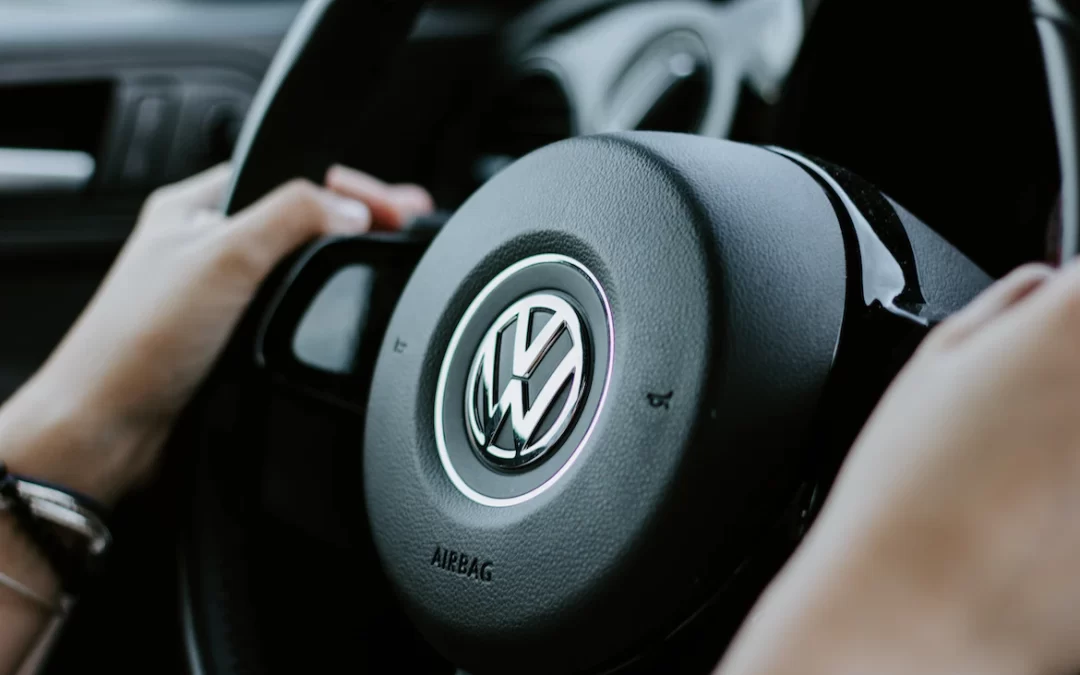The Department for Transport has today (18 January 2023) launched a public consultation on the future of MOTs in Great Britain.
Views are being sought to update MOT testing for cars, motorbikes and vans to ensure roadworthiness checks continue to balance costs on motorists while ensuring road safety, keeping up with advances in vehicle technology, and tackling vehicle emissions.
To ensure MOTs remain fit for the future, the consultation launched today is seeking views on proposals to change the date at which the first MOT for new light vehicles is required from 3 to 4 years. The average MOT costs £40 and the move could save motorists across Great Britain around £100 million a year in MOT fees.
Since the MOT was introduced in 1960 – and especially in recent years – there have been major developments in vehicle technology such as lane-assisted driving which have increased road safety, while the spread of electric and hybrid cars is rapidly changing the nature of vehicles on our roads.
Any changes to the MOT will be supported by an information campaign led by the Department for Transport and the Driver and Vehicle Standards Agency (DVSA) to inform drivers of the updates to MOTs and remind them of their responsibility to keep vehicles roadworthy.
Ensuring that the UK maintains its world-class record on road safety is at the heart of the proposals. Data shows that most new vehicles pass the first MOT test at 3 years.
With the number of casualties in car collisions due to vehicle defects remaining low, government analysis shows the change from 3 to 4 years for the first MOT should not impact road safety.
Undertaking roadworthiness testing 4 years since the vehicle’s registration is already standard practice across many European countries, including Belgium, Denmark, France, Italy, Spain, and Portugal.
The consultation also seeks views on the frequency of MOTs and how to improve monitoring of emissions to tackle pollution to bolster the environmental efficiency of vehicles.
Potential new measures include introducing testing of pollutants such as particulate number (PN) and NOx to ensure diesel, petrol and hybrid cars always meet emissions requirements throughout their lifespan.
Among the proposals, the consultation will consider whether electric vehicles’ batteries should be tested to improve the safety and reliability of EVs, if additional measures should be introduced to tackle excessively loud engines, and how the DVSA can continue to crack down against MOT and mileage fraud.
The RAC has issued the following response today:
Following the announcement of a new government consultation on possible changes to the MOT, RAC head of roads policy Nicholas Lyes said:
“While we’re not opposed to delaying a new vehicle’s first MOT, we believe there should be a requirement for particularly high mileage vehicles to be tested sooner. If the Government is looking to improve the MOT, now is the ideal time to take into account how much a vehicle is driven, alongside the number of years it’s been on the road.
“We’re also disappointed the Government is still entertaining the idea of increasing the time between MOTs. Our research clearly shows drivers don’t agree with this and believe it’s dangerous. It would also likely increase the number of unroadworthy vehicles on our roads – putting lives at risk – and not save drivers any money as they would likely end up with bigger repair bills as a result.
“Given the technological advances of driving aids in cars and the increasing adoption of electric vehicles, there is an argument that suggests the MOT will need to adapt accordingly in the future. Certainly, moves to check for faulty or removed diesel particulate filters will improve air quality by targeting dirty vehicles.”
Drivers can book an MOT online via the RAC website.




